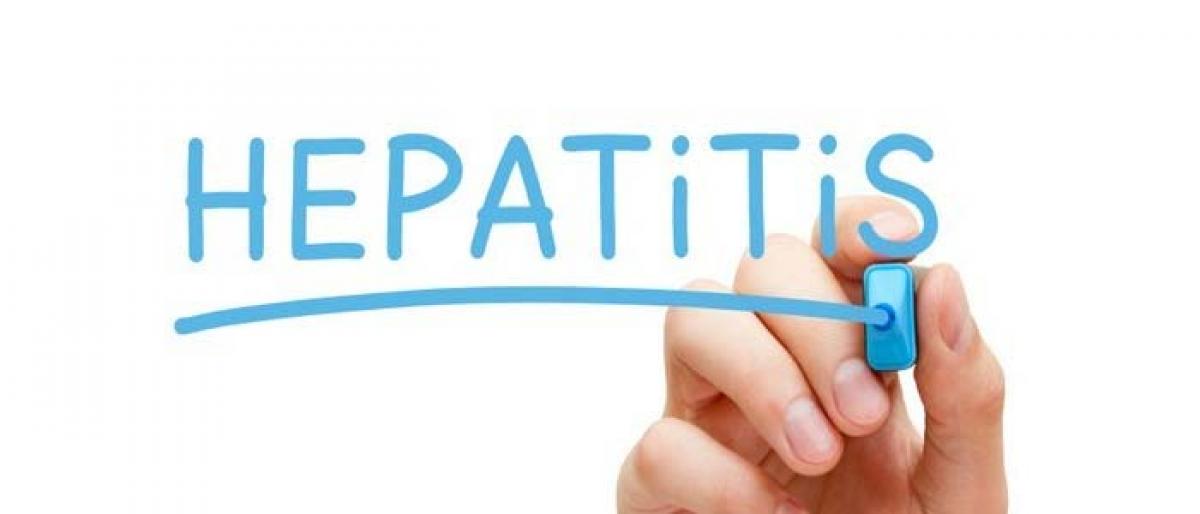Hepatitis C treatment effective for people who inject drugs: Study

New hepatitis C therapies are effective at curing the virus in people who inject drugs, according to a new study
New hepatitis C therapies are effective at curing the virus in people who inject drugs, according to a new study.
The Kirby Institute research provides the strongest evidence-base to date to support the removal of restrictions to accessing hepatitis C therapy based on recent drug use. Globally, more than one in three people who have injected drugs in the past year are living with hepatitis C.
Lead author on the study, Dr. Behzad Hajarizadeh said, "The results of our research show that the response to hepatitis C therapy among people who inject drugs was very favorable. Across almost 40 studies worldwide, involving more than 3,500 people with recent or ongoing drug use, hepatitis C was cured in almost 9 out of 10 people."
He added, "We conducted a systematic review, which means we examined all the available evidence from studies conducted globally on this topic. It means we can be very confident about these results."
Associate Professor Grebely said, "I hope our research will encourage countries to overturn these policies and allow treatment to all people living with hepatitis C, regardless of current or previous drug use. In fact, given high prevalence rates, people who inject drugs really should be prioritised for treatment."
Researchers gathered at the Portuguese National Parliament for a joint action policy day. Delegates from key hepatitis C research and advocacy organisations signed the 'Global Declaration to Eliminate Hepatitis C in People Who Use Drugs', in which they called on world political leaders to adopt the United Nations goal of hepatitis C elimination by 2030.
The Declaration outlines seven actions to close the "gap between the global impact of hepatitis C on the health and well-being of people who use drugs and the limited access to evidence-based services effective for the prevention, diagnosis, and treatment of hepatitis C infection.
The full study is present in the journal- The Lancet Gastroenterology and Hepatology.

















